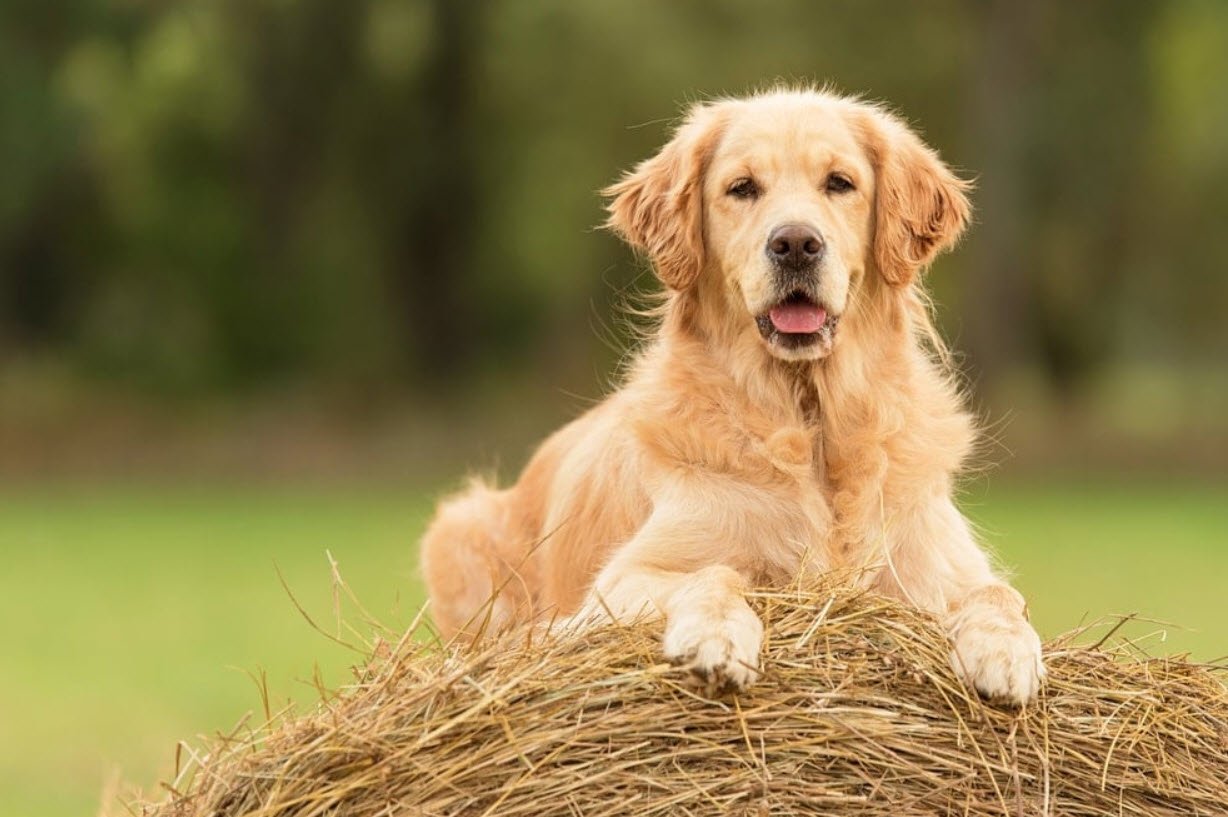
Essential oils have gained significant popularity for their various benefits, including aromatherapy, relaxation, and potential health improvements. However, it’s important to remember that what may be beneficial to humans can be harmful or toxic to our canine companions. Several essential oils can pose serious risks to dogs, affecting their health and well-being.
It’s essential for pet owners to be aware of these harmful oils and ensure they are kept out of reach from their furry friends.
- Anise
- Cinnamon
- Citrus
- Clove
- Garlic
- Juniper
- Oregano
- Pennyroyal
- Peppermint
- Pine
- Rosemary
- Sweet Birch
- Tea Tree
- Thyme
- Wintergreen
- Yarrow
- Ylang Ylang
1. Anise
Anise essential oil is often used for its licorice-like aroma and potential health benefits in humans. However, it contains compounds that can be harmful to dogs, potentially causing digestive issues, respiratory problems, or even skin irritation.
2. Cinnamon
Cinnamon is a common household spice with a distinct, pleasant scent. Cinnamon essential oil can cause irritation and allergic reactions in dogs, leading to discomfort, skin problems, or gastrointestinal distress.
3. Citrus
Citrus essential oils, derived from fruits like lemons, limes, and oranges, can be toxic to dogs. They contain compounds that are harmful to dogs’ sensitive skin and digestive systems, potentially causing irritation, vomiting, or diarrhea.
4. Clove
Clove essential oil is known for its strong, spicy scent and potential antifungal properties. However, it is highly toxic to dogs and can cause severe allergic reactions, liver damage, and gastrointestinal issues.
5. Garlic
While garlic essential oil is occasionally used in small amounts in holistic pet care, concentrated garlic essential oil can be extremely harmful to dogs. It can cause damage to red blood cells and lead to a condition called hemolytic anemia.
6. Juniper
Juniper essential oil, derived from juniper berries, can cause gastrointestinal distress, skin irritation, or respiratory issues in dogs due to its potent compounds.
7. Oregano
Oregano essential oil is known for its strong antimicrobial properties in humans. However, it can cause digestive upset and potential irritation in dogs when ingested or applied to the skin.
8. Pennyroyal
Pennyroyal essential oil is known for its insect-repellent properties, but it is highly toxic to dogs. It can cause liver damage, seizures, and other severe health issues.
9. Peppermint
Peppermint essential oil, while often used to alleviate human ailments, can cause gastrointestinal upset, skin irritation, or respiratory issues in dogs.
10. Pine
Pine essential oil can cause skin irritation and other allergic reactions in dogs, making it an oil to be avoided around our canine companions.
11. Rosemary
Rosemary essential oil is known for its aromatic properties and potential benefits for humans. However, it can cause digestive problems and discomfort for dogs when ingested or applied to the skin.
12. Sweet Birch
Sweet birch essential oil, also known as birch oil, contains compounds that can be toxic to dogs, potentially causing harm to their digestive and nervous systems.
13. Tea Tree
Tea tree essential oil, widely used for its antiseptic properties, is highly toxic to dogs. It can cause skin irritation, vomiting, and in severe cases, nervous system depression.
14. Thyme
Thyme essential oil can cause gastrointestinal irritation and discomfort in dogs, making it an unsafe oil for canine use.
15. Wintergreen
Wintergreen essential oil is extremely toxic to dogs and can cause a range of issues, including digestive problems, respiratory distress, and potential organ damage.
16. Yarrow
Yarrow essential oil can cause skin irritation and allergic reactions in dogs due to its potent compounds.
17. Ylang Ylang
Ylang ylang essential oil, known for its floral scent, can cause nausea, vomiting, and potential neurological issues in dogs.
In conclusion, essential oils can be a great tool for various purposes, but it’s crucial to exercise caution and prioritize the safety and well-being of our pets. Before using any essential oil around dogs, consult with a veterinarian to ensure the oil is safe and appropriate for your pet.
Always store essential oils and related products securely to prevent accidental ingestion or exposure, and immediately seek veterinary help if you suspect your dog has been exposed to a toxic essential oil. Remember, a safe and informed approach is key to keeping our furry friends happy and healthy.
You may also like:- Common Causes of Dog Bad Breath
- 5 of the Most Painful Conditions for Dogs
- Top Natural Foods to Combat Bad Dog Breath
- Top 12 Most Popular American Dog Breeds
- 6 Most Popular Distinct Canadian Dog Breeds
- A Guide To Understanding Your Dog’s Body Language
- List of Vegetables That Can Be Valuable Addition To Your Dog’s Diet
- 15 Most Popular French Dog Breeds You Need To Know
- The Ultimate Dog-Friendly Packing List for Travel and Adventures
- Top 12 Most Notable Asian Dog Breeds








